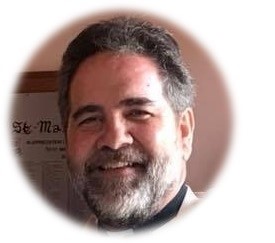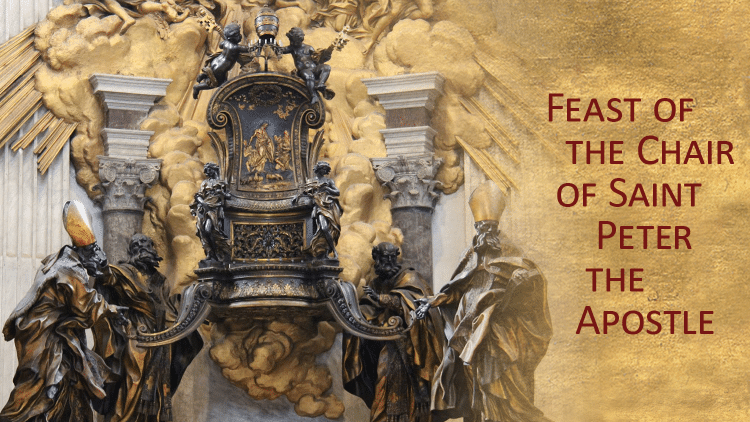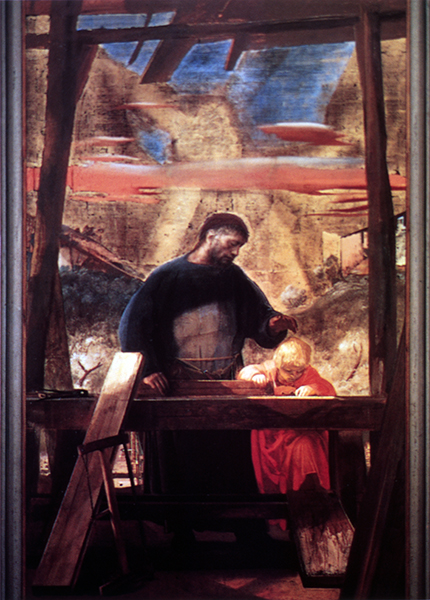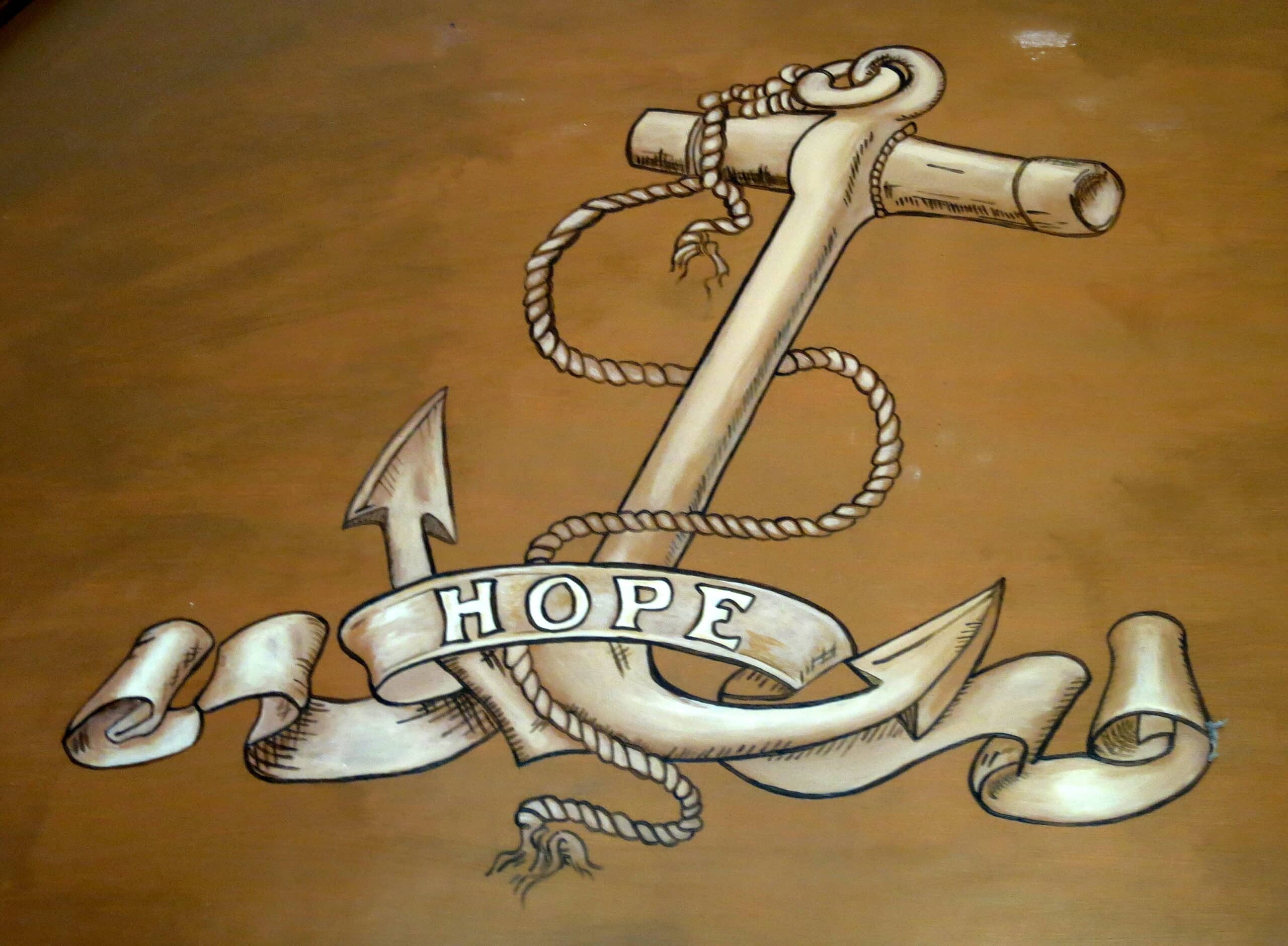Greetings my brothers and sisters,
One of the liturgical feasts celebrated on the universal church liturgical calendar this month is on February 22, the Chair of St. Peter. No, this not the celebration of a piece of furniture! Thought I did hear when I was living in Rome that the pieces of a chair on which it is believed St. Peter sat are preserved in the Basilica of St. Peters. Nevertheless, the feast on February 22 refers to the authority entrusted by Jesus to Peter and how that authority is passed down, so that the Church is never left without true and trustworthy guidance.
We are to understand “chair” here as we do when a university speaks of a “chair for literature” or a corporation of a “chairperson”. That is, somebody entrusted with leading a particular group or movement and so given some authority to do so. Of course, in these cases, the authority is bestowed by those in the group and movement and so can be revoked by them as well. That is, the persons in such positions can be removed, fired. This is not the case with the authority bestowed to the one who occupies the Chair of St. Peter, since the authority is granted not by the people being guided but by God.
Here is how the Catechism speaks of this authority:
Bishops, with priests as co-workers, have as their first task “to preach the Gospel of God to all men,” in keeping with the Lord’s command. They are “heralds of faith, who draw new disciples to Christ; they are authentic teachers” of the apostolic faith “endowed with the authority of Christ.” (CCC #888).
From this we understand that the authority entrusted to Peter and the other apostles is passed down to the bishops who followed them. Their authenticity as teachers and leaders is given by God and not something developed by them personally or given to them by others. It is a gift of God. And, God’s gifts do not go unfulfilled. This is important to understand for vocational discernment, which needs to include some interaction with this authority. In discerning a marriage vocation, it is represented by the local pastor and the process of marriage preparation and investigation. In discerning a call to the consecrated life or holy orders, it is represented by the religious superiors and formators and/or local ordinary and collaborators, such as vocation directors and seminary formators. Vocation discernment, if it is to be authentic, cannot prescind from this interaction.
Given the difficulties the Church as gone through recently, and the errors and sins of bishops and priests being made quite evident, we might be tempted to think this idea of authority and interacting with it for vocational discernment, is really not working or true. That is very understandable and we are not to think that because bishops and priests, including the Holy Father, are entrusted “with the authority of Christ” they are exempt from making mistakes and committing sins. The very fact of their having this authority and responsibility, amid their sinfulness and limitations, is a very good reason why it is so important to pray for the Holy Father, bishops and priests.
What are guaranteed, however, with this authority entrusted to these limited and weak men, is that we will not be misled by them. This is what is meant by the infallibility of Christ’s authority. The Catechism states:
It is this Magisterium’s task to preserve God’s people from deviations and defections and to guarantee them the objective possibility of professing the true faith without error. Thus, the pastoral duty of the Magisterium is aimed at seeing to it that the People of God abides in the truth that liberates. To fulfill this service, Christ endowed the Church’s shepherds with the charism of infallibility in matters of faith and morals (CCC #890)
So, though the personal example and teaching of a particular bishop might be bad, there is an infallibility assured in matters of faith and morals. The Catechism goes on to explain that this infallibility is held by the Roman Pontiff by virtue of his office and by all of the bishops in union with the Pope, when proclaiming by a definitive act a doctrine pertaining to faith and morals. We will not be misled in these matters by the Shepherds because it is not they who are leading, but Christ leading through them.
We can certainly say something similar as regards our vocational discernment. God will lead us to where we need to go if we trust in him, and not so much in those through whom he is guiding us….and this includes vocation directors like myself!
St Joseph, Protector of the Universal Church, pray for us.
Fr. Brian, OSJ




